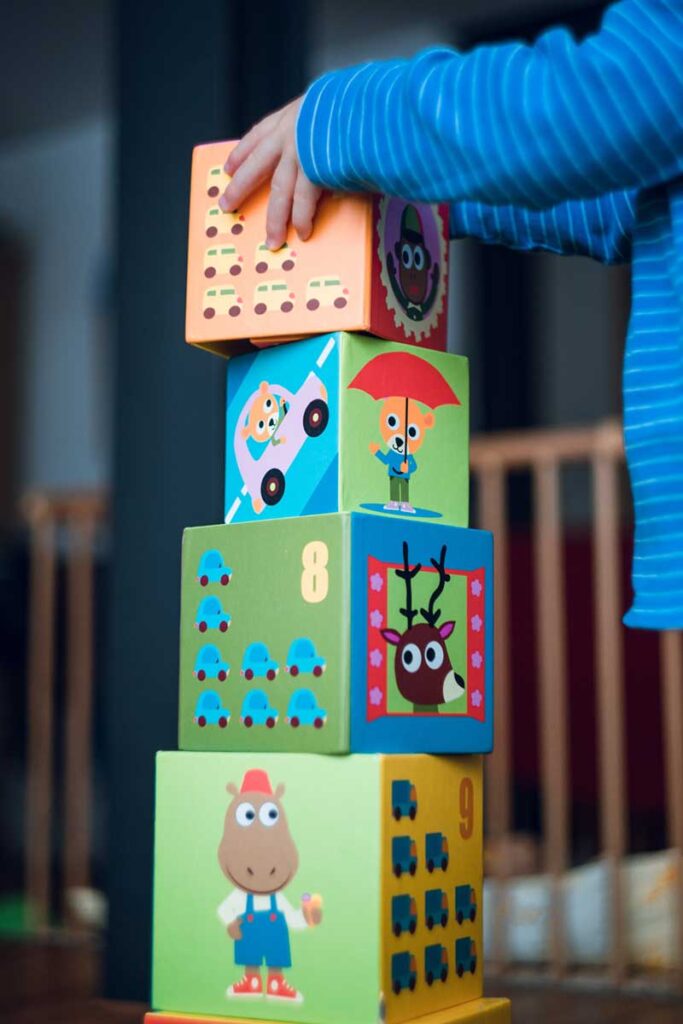
Children and teens often act out because they are distressed. Alternatively, they may turn inwards, becoming withdrawn.
As a parent, you may have a sense of what the problem is. It’s okay if you’re not quite sure, though. Through therapy, we can uncover the root cause of your child’s emotional and behavioral challenges.
We can work through those issues to support your youngster in positive development.
Children derive support from many sources including family, friends, and school. Therapy offers another layer of support that can help them work through deeper issues. Additionally, therapy helps give children the tools necessary to thrive in a challenging world.

Children and teens face so many different challenges in today’s society. They cope with the pressure to perform well in competitive schools. They face peer pressure, bullying, and the conflict over whether to conform or to express their own identity. Additionally, they are more exposed than ever before to global fears such as school shootings, the threat of climate change, and acceptance (or lack thereof) around diversity issues.
All of a child’s normal challenges are exacerbated in this highly connected, digital society where information comes at them quickly and persistently.

I can help your child in dealing with many different issues. Some of the common things that children and teens may struggle with include:
I specialize in play therapy and expressive therapy. This manifests in different ways depending on a child’s specific needs. Therapy with a child in kindergarten will naturally be different than therapy with a high schooler.

Play therapy is a structured approach to therapy. It’s not just sitting down and playing with your children. Instead, it’s using a tool that they understand (play) to help them express themselves.
Oftentimes, children struggle with verbally articulating the underlying issues causing them distress. They use play as their language. I work with that to help them resolve their issues.
There are many different established techniques in play therapy. I will work to find what best helps your child.
A young child might play with dolls in a way that acts out the family or peer dynamics that are bothering them. In contrast, a teenager might use expressive arts such as drawing or poetry to work through similar challenges.
I meet the child where they are and use the language that they are most comfortable with in order to help them.

As a member of the Association for Play Therapy California, I specialize in play therapy. I have worked with children in a variety of different settings including schools and outpatient mental health clinics. Plus, I have training and experience in other types of therapy that complement play therapy.
I use a combination of approaches, including both directive and non-directive therapy. These choices depend on the child’s age, developmental stage, temperament, treatment goals, and specialized needs.
I have developed a customized approach that combines different therapies. For example, I may use techniques from Cognitive Behavioral Therapy (CBT), Dialectical Behavior Therapy (DBT), Child-Centered Therapy, and Trauma-Informed Therapy. I draw upon all of these established ways of helping children so that I can offer the best possible support to each individual child based on their unique needs.

As a therapist, I provide your child with support as well as tools for a better life. Adolescents, in particular, are in need of a non-judgmental, open-minded, respectful adult to help them problem solve. They also need guidance.
I can help your child or teen to develop a variety of important skills that will aid them now and in the future.
These skills include:
Children, and particularly teens, can learn to better understand how their thoughts, feelings, and actions are all related to one another. They can begin to grasp why they feel bad and how to address those feelings in productive ways rather than acting out.
We all want to see our children thrive in this world.
We also understand that it’s a complicated world that presents many challenges to that thriving. Through therapy, your child can learn to navigate those tricky waters. As a result, their emotions will become manageable and their behavior will improve.
© Deborah Brewer Inc, Licensed Clinical Social Worker (LCSW) | Privacy Policy | Terms of Service